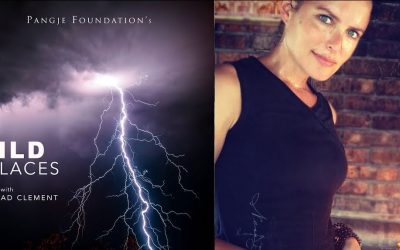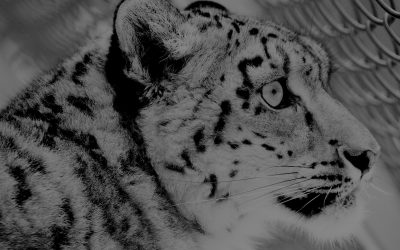Natalie's Journey
Listening to and creating voices for conservation
September 2, 2018
Hi Guys,
Am finally back from a truly inspiring conference in Bishkek, Kyrgyzstan for the Society for Conservation Biology in Central Asia, with my talk well received and some really exciting opportunities for collaboration…..boy did I need that! Sometimes it’s easy to feel like you’re the only one on this path doing it tough, particularly after you’ve been hit with wave after wave of personal and professional challenges. However, many of the people I met here were doing it so tough, that in some instances their lives are threatened simply by choosing to be a conservation scientist, or their funding is so limited that they’re barely able to survive themselves…..I feel so humbled by the bravery and dedication of such people to be willing to sacrifice so much to help those most vulnerable inhabitants of this planet.
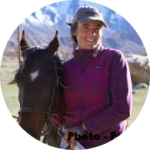
One such inspirational person was Tanya Rosen, director of the Tajikistan and Kyrgyzstan snow leopard programs for Panthera. Already impressive with a Masters of Science degree in Social Ecology from Yale University, a Master of Laws from Harvard University and a Juris Doctor from Italy’s Universita Statale di Milano, she has been instrumental in the development of community conservation programs in Tajikistan and Kyrgyzstan over the past 6 years which have had positive, measurable impacts on snow leopard numbers in the region.
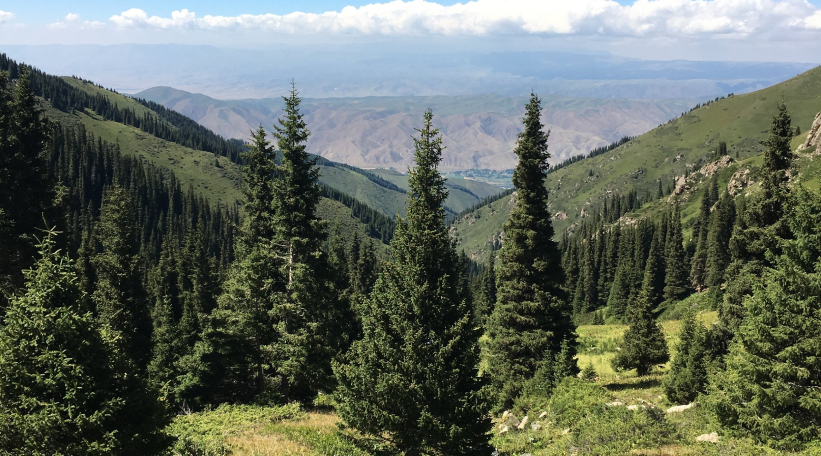
I was lucky enough to have had the opportunity to visit one of the community-based conservancies in Chong-Kemin, Kyrgyzstan she helped establish, that brings local people together to protect wildlife and allows tourists the opportunity to experience true conservation in action in one of the most spectacularly beautiful ecosystems in the world…..also considered the snow leopard hotspot of the world.
The most significant impact on snow leopard numbers in the region has come from poaching and retribution killings over livestock depredation. Tanya, along with local NGOs and researchers have aimed to stabilize populations of snow leopard prey species and reduce human-snow leopard conflict through the building of predator-proof corrals, establishing informant networks on illegal wildlife trade among local people within the conservancies, and supporting border and customs authorities…..hopefully with detection devices like what we’re developing!
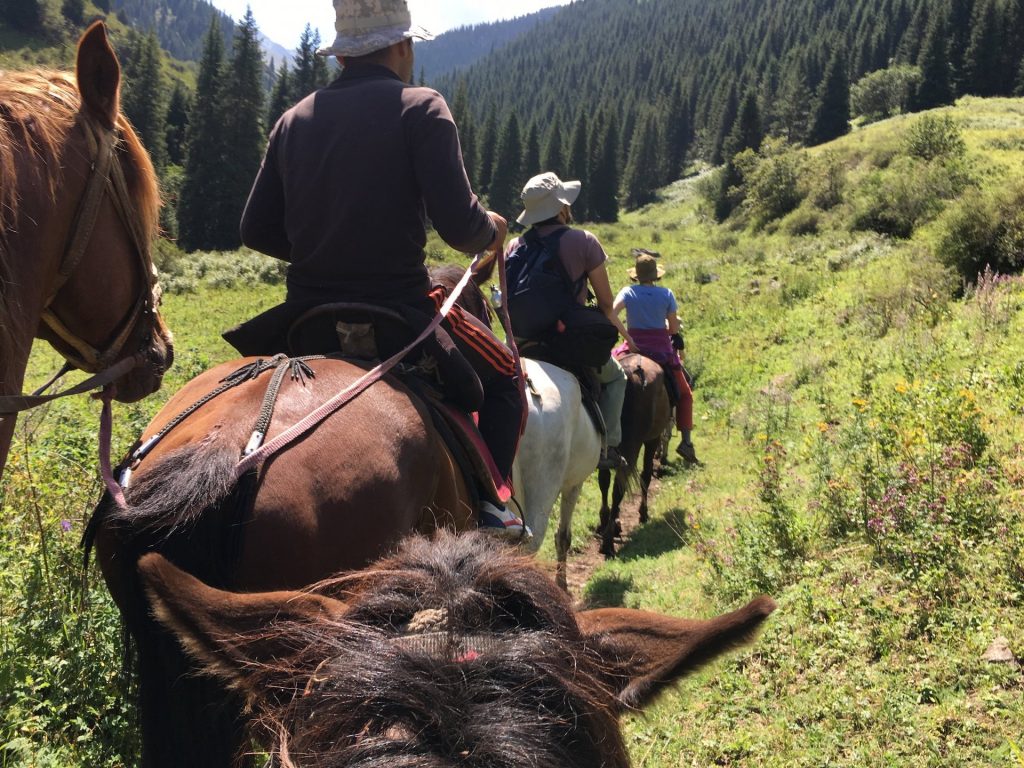
With the conservancies and working with the local people, it’s all about “working out compromises”. In remote areas of the Himalayas “…where poverty is widespread and children are undernourished and sometimes don’t survive to adulthood, poaching for food has been a necessity”.
“But now thanks to the former poachers who have come together here to form a community-based conservancy, as well as hundreds of other former poachers who have established similar conservancies across Tajikistan and Kyrgyzstan, illegal hunting has almost been eliminated from the areas they manage and patrol. Marco Polo sheep and ibex have multiplied, and with them snow leopards.”
Although controversial and not universally supported amongst big cat conservation organisations, part of the motivation is the prospect of income from trophy hunts of prey species which can help alleviate poverty within communities. The argument for this approach is that the “legal and sustainable hunting of a few Marco Polo sheep a year to achieve this result is preferable to the loss of hundreds of the animals to unchecked poaching”.
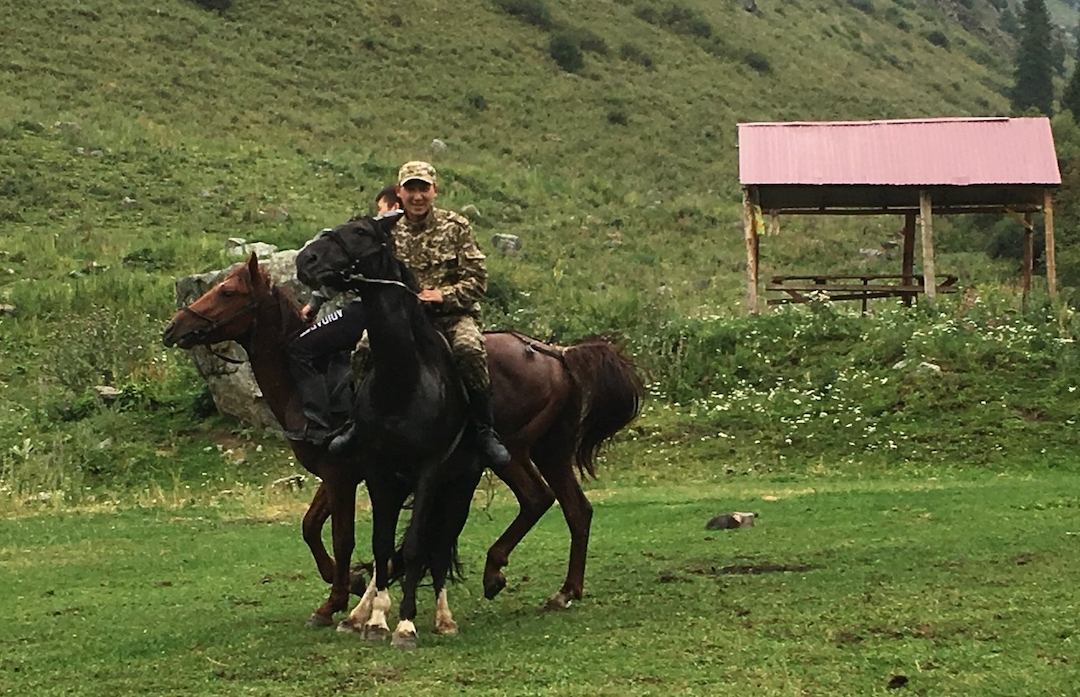
The solution is almost always multi-faceted and involves compromise from all stakeholders that encompass the conservation solution. The sincere hope is that ecotourism will eventually contribute more, which is why Tanya is also helping to develop women’s conservation initiatives. “If women can be empowered by training them as wildlife guides and rangers, their availability may make the idea of wildlife watching excursions in the region more appealing to female tourists.” Or also children’s programs where the “aim is to instil a love of nature and wildlife observation in children who have traditionally seen Marco Polo sheep at most as food and snow leopards as only a threat to their families’ livestock.”
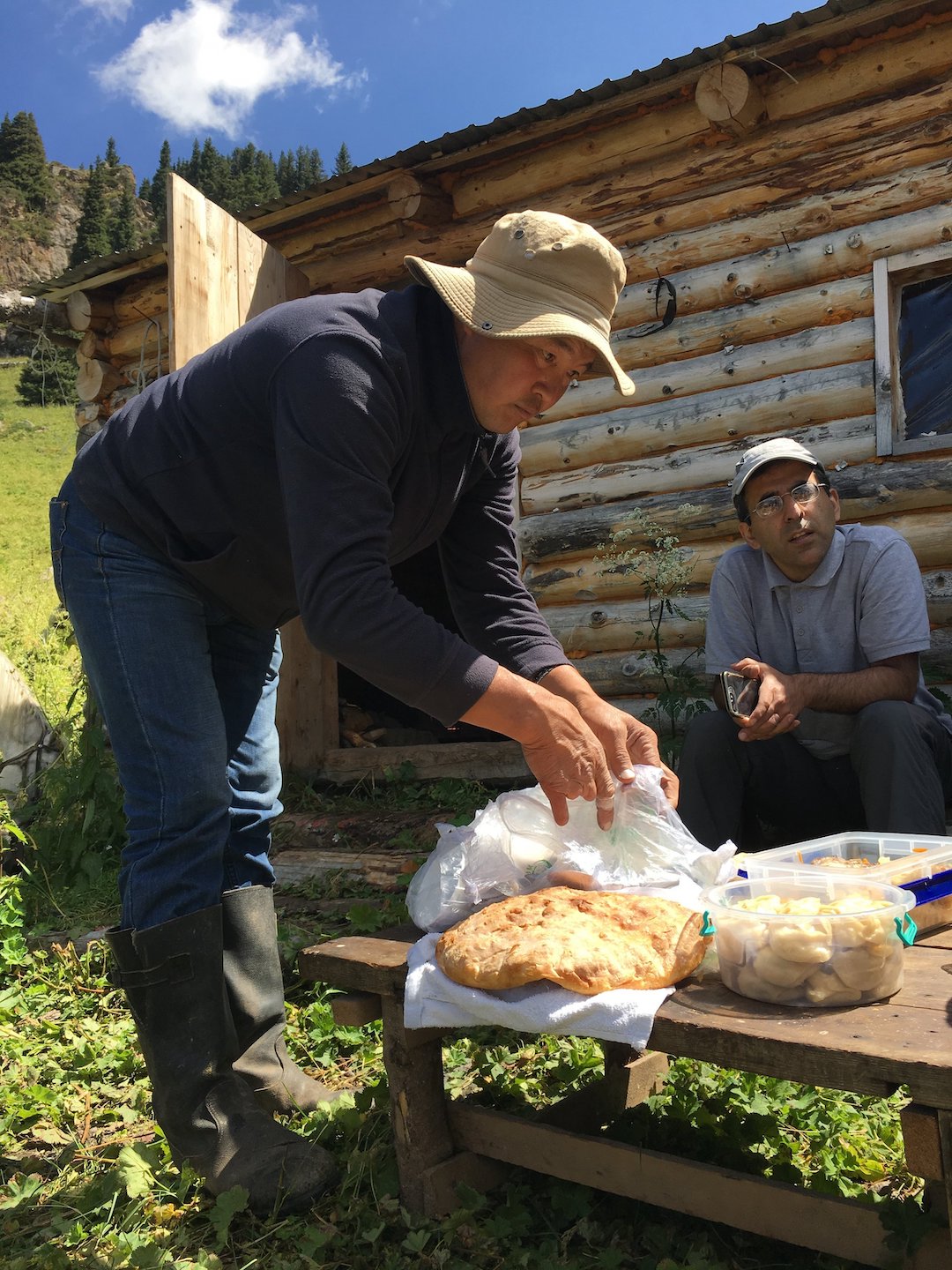
Camera trap surveys, partly manned by community rangers with support from Panthera biologists, have shown that snow leopard numbers have been steadily increasing within the conservancies over the 6 years of community involvement…..so the impact has been swift!
Tanya’s attitude has always been that you cannot save snow leopards without first respecting the people and giving them a voice. Her work and that of others like her has made me realise more and more that science, although important, is but a small component of successful and sustainable conservation efforts. And it was heartening to see at this conference a much greater focus on community conservation initiatives, reflecting a positive, changing attitude where ironically, by putting people first we can more effectively save wildlife.
I’m hoping we can use the same ideas in Nepal combined with the technology we’re developing in the lab
Many blessings to all of you and thank you again for your continued support.
Nat x
 Written by Dr Natalie Schmitt
Written by Dr Natalie SchmittShare this story

